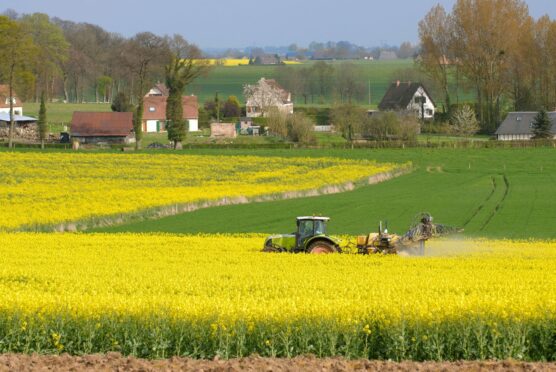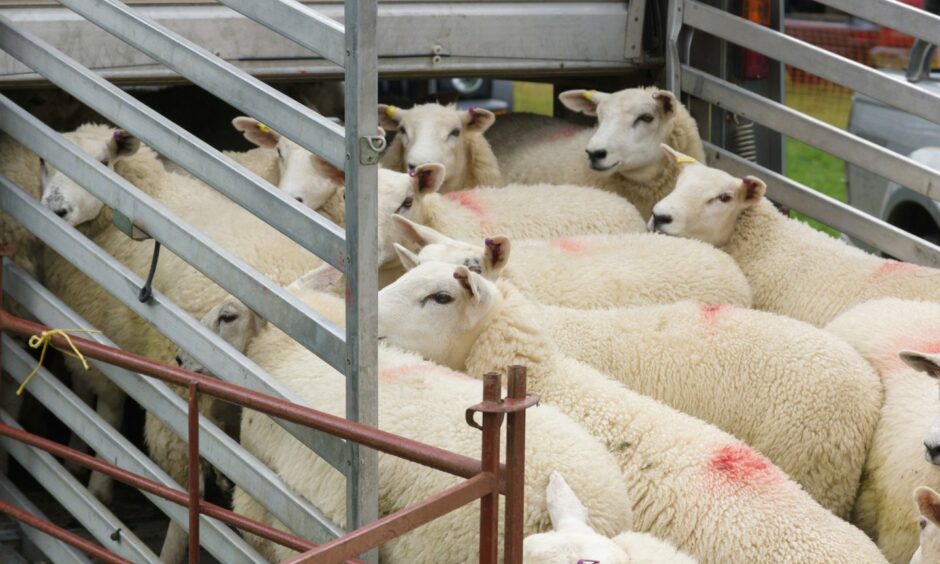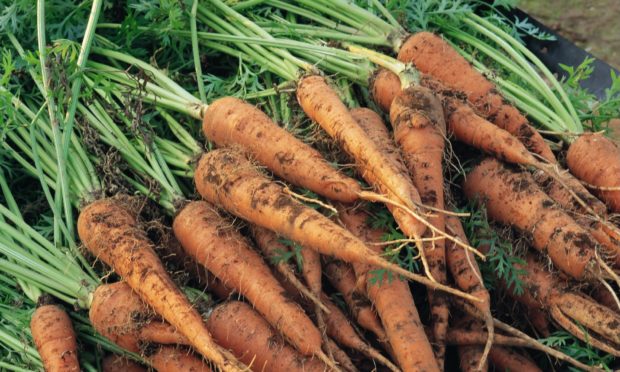France is continuing to make full use of its six-month term holding the EU presidency to drive key farming issues up the agenda.
This is partly political, because the French farm minister, Julie Denormandie, will be a key lieutenant in Emmanuel Macron’s re-election campaign for the French presidency.
Denormandie will use a meeting of EU farm ministers to urge trade restrictions on countries with a poor record on deforestation.
He wants ministers to demand that those selling into the EU meet the same standards as farmers in the EU have to meet.
This is a message that will go down well with farmers and it is also getting wider support, based around issues of food sovereignty and food security.
Controversially the French minister has also given his support to those suggesting the Mercosur trade deal with South America, which would hit European agriculture hard, should not be ratified until Brazil’s environment record is seen to have improved.
This approach will leave many farmers regretting that the French hold on the EU presidency is not longer.
Members of the European Parliament have backed farmers in the battle over new EU animal welfare regulations.
Thanks to a campaign by the farming lobby and MEPs representing farming constituencies the European Commission has been told to think again over key aspects of its proposals.
MEPs have called for clearer rules, more support for farmers and crucially an assurance that rules will be applied equally across all member states.
This reflects criticism that in the past Brussels has been good at creating new rules, but had failed when it comes to making sure they are implemented.
In a controversial move they have also told the European Commission that rules on animal welfare standards must apply to imported food, with those supplying into the EU forced to meet tougher European standards on animal welfare.
This is a difficult one for Brussels, because of World Trade Organisation rules, but it is thinking now on the political agenda that may not be easy to counter
The EU has ambitious targets to have 30% of farmland organic, but while the sector is growing it is from a low base and it remains relatively small.
The latest figures show that the EU has 15 million hectares of organic land, with a growth of less than a million hectares over the past year. France has the biggest area of organic crops followed by Spain.
In terms of consumer demand Germany remains by far the biggest market, followed by France and Italy.
Organic farming in Europe remains dependent on subsidies for viability, since market premiums are not at the levels needed.
Meanwhile the EU has approved a third insect-based novel food, which can be used as a substitute for conventional meats in manufactured products.
The latest approval is for ‘farmed’ house crickets, following past approvals for yellow mealworm and migratory locusts.
- Richard Wright is an agricultural industry commentator.


